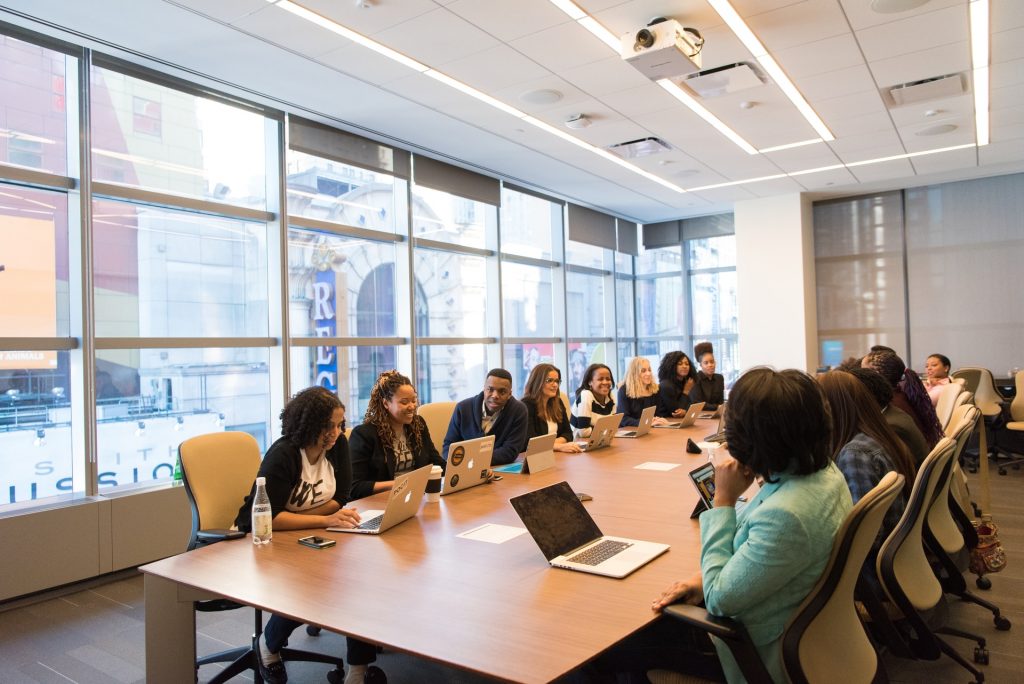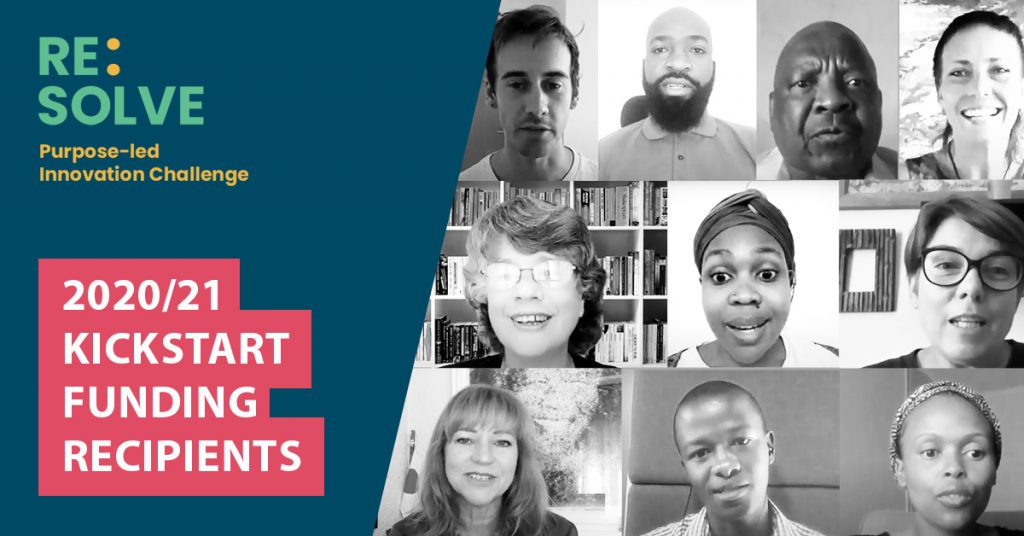Artificial Intelligence (AI) is no longer just a buzzword. It is embedded in everyday work, from drafting emails to automating entire workflows. For Memeburn’s…
The RE:SOLVE Challenge awards ten local entrepreneurs

The RE:SOLVE Challenge, a project funded by the City of Cape Town and run by the Craft and Design Institute (CDI), a non-profit that develops creative people and small businesses, selected ten entrepreneurs to award kickstart funding of up to R20 000 each for their innovative idea.
The funding will enable the selected entrepreneurs to take their product to market and fast-track the early-stage development of their concept
The funding will enable the selected entrepreneurs to take their product to market and fast-track the early-stage development of their concept.
James Vos Mayoral Committee Member for Economic Opportunities and Asset Management, City of Cape Town extends his congratulations to this year’s participants.
“The City is a proud funder of this programme. We are continuously looking for innovative ways of solving challenges that ultimately result in new ideas and products. The pandemic has increased the need for companies to pivot from their usual approaches and design innovative products and services. Developing new products and services will lead to scalable offerings whilst enhancing the competitiveness of our local products. Well done to all the participants and special congratulations to all the winners. We will continue working towards ensuring that Cape Town retains the status of the innovation hub of Africa.”
The RE: SOLVE Challenge
Launched in October 2020 and conducted over four months, the RE:SOLVE Challenge is a Design Thinking challenge that aims to support and build innovation in South Africa.
The programme equipped the selected participants with the skills and tools to test their ideas in the market. The challenge yielded a number of unique and ground-breaking concepts covering a range of critical sectors including transport, food security, hygiene, education, medical care, retail, and micro-enterprises.
Erica Elk, Group CEO at the CDI explains that not only is the programme aimed at supporting local innovators but it also focuses on generating innovation to challenges arising due to Covid-19.
“The impact of Covid-19 on South Africa has been well documented, in many ways laying bare the vulnerabilities that were already present. This programme and the way in which we supported the entrepreneurs has been designed to face up to this impact and to bring forward bright ideas.”

The winners
The ten selected winners were chosen from 107 participants.
“The ten ideas funded represent the ingenuity of South Africans, showcasing that there are many great ideas at home that can re-look at old ways of doing things. Giving local entrepreneurs the right support, and an opportunity to fast-track their innovations toward market-readiness is going to be a big part of how we recover as a country and build resilience,” adds Elk.
Here are the ten selected winners:
Hazel Suttill – Disaster Care Kits
Coming from a background in interior and graphic design, Suttill’s idea involves a box that holds disaster relief goods and care packages that are converted into furniture once the goods have been used.
Jessica Murphy – Food Gardens
Murphy is a teacher with an agricultural passion to create a simple, sustainable, innovative product that can transform any arid site into an abundant food garden.
Matshidiso Mabe – Educational Development Tools & Programs
This project hopes to put our children at the centre of learning and create a learning triangle between the educator, learner, and school community. The idea is to help capacitate schools through professional development tools and strategic programmes.
Mcebo Shange – Road Condition Monitoring Platform
This idea involves an AI mobile and web app that makes the collection of deteriorating road condition data faster, cheaper, and easier; creating a crowd economy platform that enables anyone with a vehicle and a smartphone to become a road condition data capturer.
Nomtandazo Sicolo – Affordable Smart Housing Through Stokvel
A passionate student working in a call centre, Sicolo is venturing into the world of low-cost housing and modern banking to provide access to warm and affordable smart housing paid for using Stokvel savings.
Ross Eyre and team – Affordable, Self-Provisioned Internet Networks
Leveraging entrepreneurial experience and a background in design, Eyre and his team are producing a digital wallet with a peer-savings account and digital currency.
Sandile Mtshiki – Foldable & Portable Vehicle Tables
Mtshiki has innovated a versatile, robust, foldable, and portable accessory that can be hooked onto the outside parts of vehicles – for catering/dining purposes.
Suzanne Smit – Urban Farming
Abandoned and empty warehouse spaces will be utilised to set up an indoor growing facility close to an informal settlement in Smit’s vision. Urban farming makes locally grown products available without the costly expense of transport and packaging.
Teri Kruger and team – Hybrid Grid System for Self-sufficient Electrical Power
With a background in energy research, Teri’s idea involves purpose-built containerised options for solar power generation and storage units that could be sealed, shipped, and operated in remote areas.
Zamani Manqele – Smart Grocery Bag Handles
With Manqele background in catering and manufacturing came the idea for a smart grocery bag handle that not only addresses the hand strain from carrying heavier grocery bags, but also has a GPS distress button for emergencies.
“‘The next stage in their development will require further funding, mentorship, and support. If you would like to stand behind these bright entrepreneurs and their big ideas, please contact Jacqueline Dyson at jacqueline.dyson@thecdi.org.za .”
Read more: FNB launches MoneyGram transfer feature on app
Read more: Applications for Smart Cities Innovation Programme opens
Featured image: Christina @ wocintechchat.com via Unsplash

